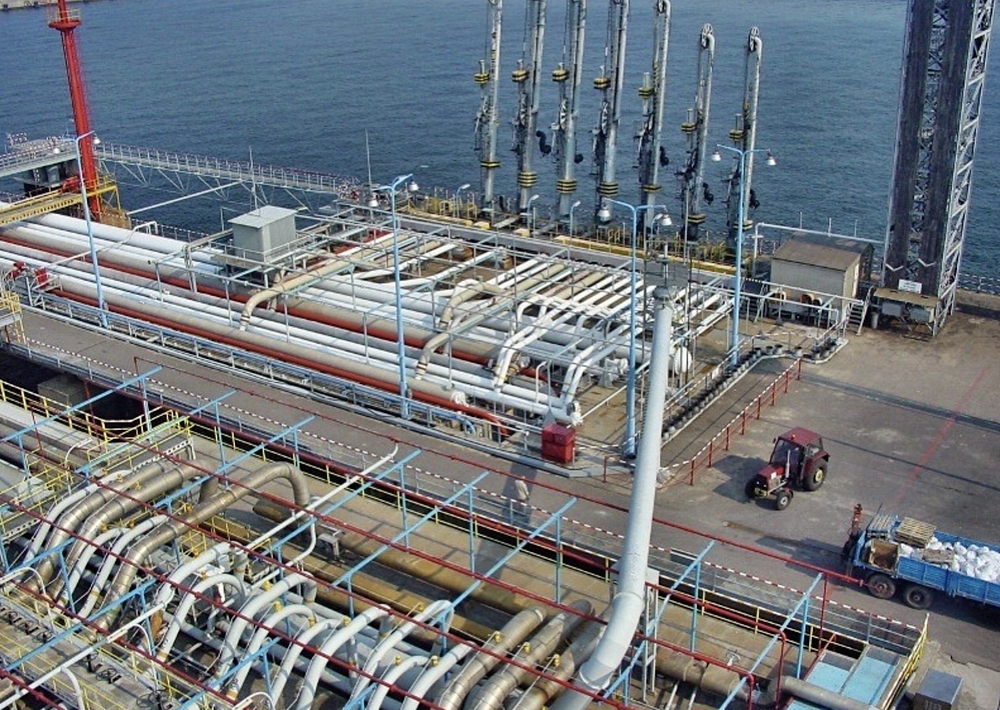Prices of diesel may be soaring, but Polish refineries are cashing in on the trend by producing the largest amount of diesel in years, according to the Polish Economic Institute (PIE).
Experts at the institute noted that diesel prices in European stations had increased by over 70 percent year-over-year, and insufficient diesel storage facilities and limited refinery outputs increased the prices of distillates.
The experts stressed, however, that the production in Polish refineries was the largest in years.
“In the months January to July 2022, (Polish diesel output) increased by 14 percent year-over-year to 8.2 million tons,” according to the Polish Economic Institute. Gross inland deliveries, including import, export, and supply, increased by 5 percent year-over-year.
“Despite the price increase at stations, the oil price for Polish consumers (excluding tax) in mid-October was €1.66 per liter, which was one of the lowest in the EU,” PIE stated.
The widening of EU sanctions on Russian petroleum products next year, without limiting their use, could deepen the crisis on the diesel market.
“Poland has not recorded any deficits yet, and in 2022, it has also become the largest oil exporter to Ukraine,” analysts of the institute pointed out.
Poland is the largest supplier of diesel to Ukraine among EU countries.
In the months January to July 2022, it delivered over 430,000 tons of diesel to Ukraine, twice as much as Bulgaria, the second-biggest exporter, according to data cited by PIE. From January to September 2022, total exports from Polish refineries in Płock, Gdańsk, and Mažeikiai (Lithuania) owned by PKN Orlen, amounted to 554,000 tons, which was the largest in history. This number is 40 percent higher compared to last year and amounted to 54 percent of EU exports to Ukraine.
PIE analysts said that European diesel supplies are the lowest in years, writing, “Distillate supplies in the Amsterdam-Rotterdam-Antwerp (ARA) region, sometimes treated as the point of reference for Europe, dropped by 10 percent in one week in the beginning of October.”
By the end of September, EU supplies were 360 million barrels, the lowest since 2004.
“Total supplies of medium distillates in 16 European countries studied by the Euroilstock foundation were 11 percent lower year-over-year in September and 13 percent lower than in 2019,” PIE pointed out.






